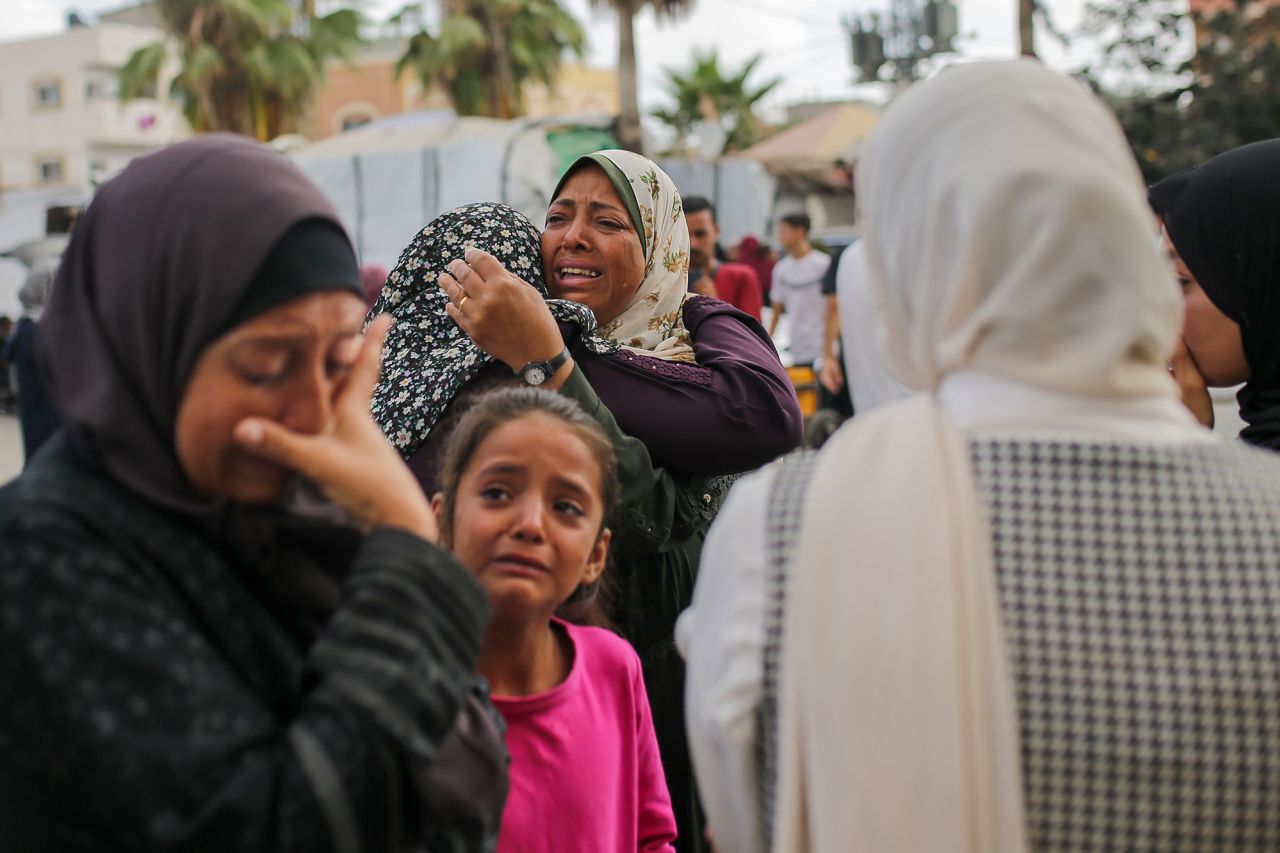What we covered here
• Israel will “continue to fight,” Prime Minister Benjamin Netanyahu vowed Monday in a speech marking a year since the October 7 Hamas attacks. Israel’s ensuing war in Gaza has killed more than 41,000 people and triggered a humanitarian crisis, catalyzing a widening regional conflict.
• The Israeli military said Hezbollah fired about 190 projectiles toward Israel from Lebanon Monday. Some were intercepted and the rest fell in open areas, the military said. Hezbollah said it targeted gatherings of soldiers and Israeli military locations.
• Explosions tore through the skies in Beirut on Monday night after Israel warned residents that the IDF was going to target two areas in the southern suburbs, which an IDF Arabic spokesperson said were located near Hezbollah facilities and interests. Nightly strikes by Israel have targeted the southern suburbs of the Lebanese capital since September 27.
• Meanwhile, hundreds of people gathered at the site of the Nova festival Monday to honor those who were killed there last year. Hours later, a memorial was held in Tel Aviv and at Kibbutz Nir Oz, where one in four residents were killed or abducted by Hamas.













































